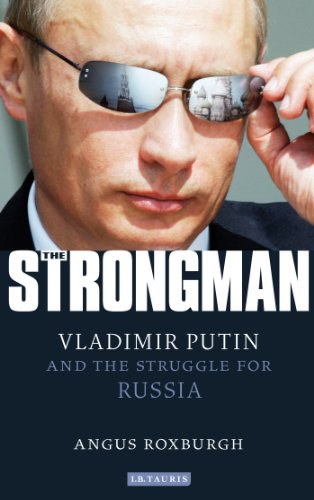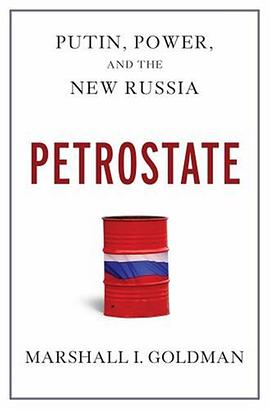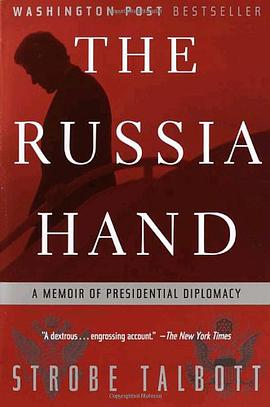The Strongman 豆瓣
Angus Roxburgh
作者:
Angus Roxburgh
I. B. Tauris
2012
- 2
Russia under Vladimir Putin has proved a prickly partner for the West, a far cry from the democratic ally many hoped for when the Soviet Union collapsed. Abroad, he has used Russia's energy might as a foreign policy weapon, while at home he has cracked down on opponents, adamant that only he has the right vision for his country's future. Former BBC Moscow correspondent Angus Roxburgh charts the dramatic fight for Russia's future under Vladimir Putin - how the former KGB man changed from reformer to autocrat, how he sought the West's respect but earned its fear, how he cracked down on his rivals at home and burnished a flamboyant personality cult, one day saving snow leopards or horse-back riding bare-chested, the next tongue-lashing Western audiences. Drawing on dozens of exclusive interviews in Russia, where he worked for a time as a Kremlin insider advising Putin on press relations, as well as in the US and Europe, Roxburgh also argues that the West threw away chances to bring Russia in from the cold, by failing to understand its fears and aspirations following the collapse of communism.


